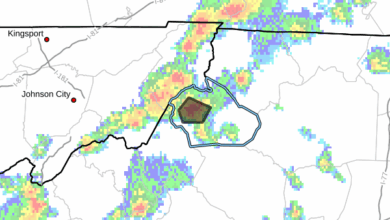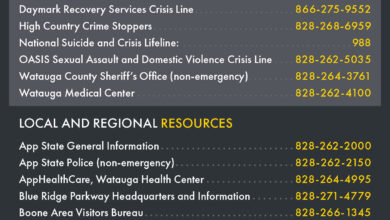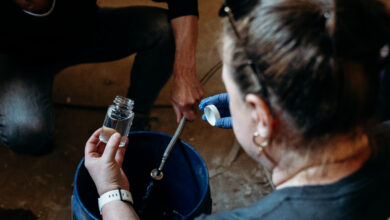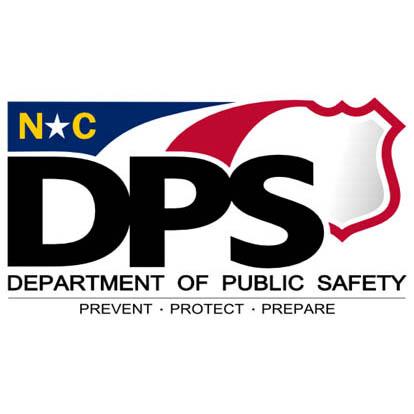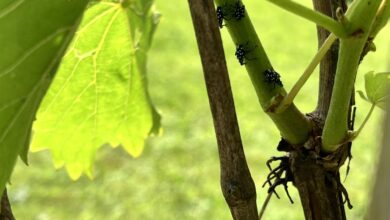Last Updated on April 23, 2020 7:05 am
RALEIGH, N.C. — “Help keep wildlife wild.” That is the advice Jessie Birckhead doles out daily to people who call her with questions and anecdotes about their interactions with wildlife.
Spring marks the time of year when Birckhead, an extension biologist with the N.C. Wildlife Resources Commission, receives the most calls from well-intentioned people who make the mistake of interacting with wildlife by feeding them, making them “pets” or “helping” wildlife.
“When spring arrives, wildlife are increasingly active, people are out more and the opportunity for people and wild animals to interact increases greatly — what we call human-wildlife interactions,” Birckhead said. “Feeding wildlife, whether intentionally or unintentionally, is probably the number one reason interactions can turn negative. So we always tell people, never feed wildlife — it almost always leads to problems for both the animal and the person feeding it.”
Wild animals that are provided with a steady, human-supplied food source can lose their natural fear of humans, which can turn them into nuisance animals.
“We get a lot of calls and requests for assistance with foxes and raccoons that people see in their backyards, usually because they’re inadvertently feeding the animals,” Birckhead said. “We suggest ways they can keep unwanted wildlife out of their yards, such as securing garbage in containers with tight-fitting lids, keeping trash inside as late as possible on pick-up days, keeping bird-feed areas clean, using bird feeders that keep seed off the ground and, if they have pets outside, making sure all pet food is consumed and empty bowls are promptly removed.”
Feeding wildlife also can increase the chance of disease transmission among people, pets and wildlife. When human-supplied food is readily available, animals will gather in abnormally large numbers, which can allow diseases — such as salmonellosis, distemper or rabies — to spread.
“Rabies is of particular concern because it is an almost always-fatal disease and it is possible to find it in several native mammals, most notably raccoons, bats and foxes,” Birckhead said. “If someone is feeding a species of wildlife that can carry rabies and they happen to have contact with that animal, that person is looking at costly, uncomfortable post-exposure treatments to protect against rabies.”
Disease transmission also is a good reason why people shouldn’t attempt to make a wild animal a pet. Not only is it dangerous for the animal and the person, but it is also illegal without a permit issued by the Commission.
Birckhead also cautions people to refrain from capturing and handling a wild animal, particularly young wildlife, as doing so can stress it, sometimes fatally. And for those people who want to “help” wildlife, such as a fawn that looks abandoned or a fledging bird hopping awkwardly on the ground, Birckhead tells them to “just leave it alone and keep your distance. Chances are the mother is nearby feeding and will return when she feels it is safe to do so.”
The Commission maintains on its website a list of licensed wildlife rehabilitators who can assist with injured or truly orphaned wildlife.
Instead of feeding wildlife or bringing them into their home, people should give animals natural sources of food and shelter — providing habitat not a handout. Birckhead recommends a few tips for creating a wildlife-friendly backyard, regardless of size:
- Planting native trees, grasses, shrubs, flowers
- Creating a rock garden
- Creating a small pond or fountain
- Building bird and bat houses (bat house plans)
- Creating brush piles from pruned trees, shrubs and vines
Anyone who has questions about human-wildlife interactions can call the Commission’s new N.C. Wildlife Helpline toll-free at 866-318-2401. The call center is open Monday through Friday (excluding holidays) from 8 a.m. to 5 p.m. For more information about co-existing with wildlife, visit the Commission’s Tips on Co-Existing with Wildlife page (http://www.ncwildlife.org/Have-A-Problem/Tips-on-Coexisting-with-Wildlife).







